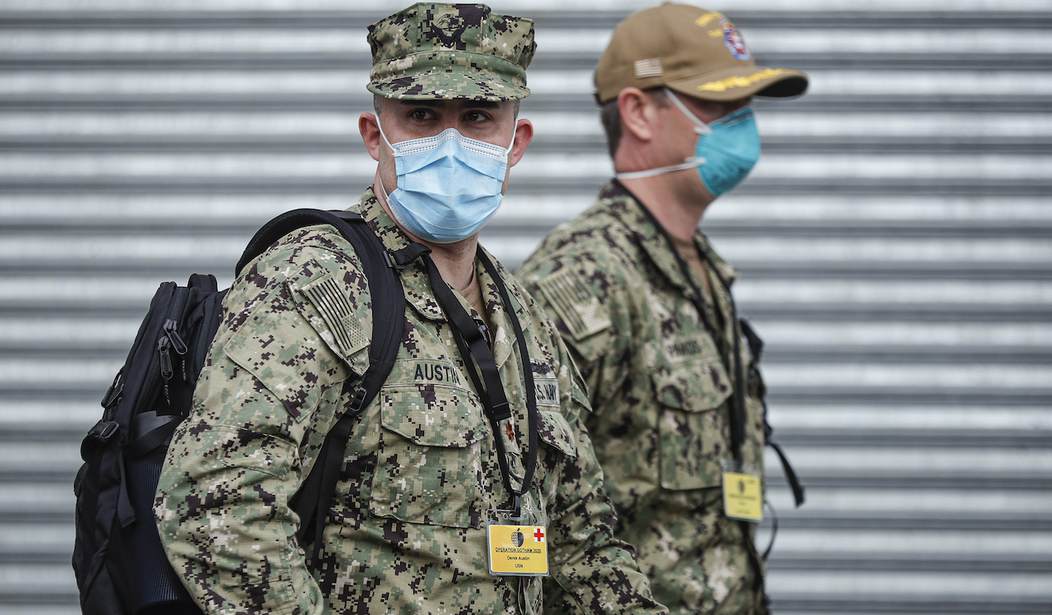The United States Navy faces an unprecedented manpower shortage, making it challenging to operate vessels, resulting in a "force generation reset" plan.
According to the U.S. Naval Institute News, the Merchant Marines organization was forced to sideline 17 support ships because it could not “properly crew and operate ships across the fleet.” Rear Admiral (Ret.) Mark Montgomery, senior director of the Center on Cyber and Technology Innovation for the Foundation for Defense of Democracy, said the Merchant Marines are essential to keeping the Navy running. However, it is desperately short of experienced people to crew the ships.
“This is really a clear danger to national security," Montgomery said.
A fleet oiler, a dozen Spearhead-class expeditionary fast transports, and two forward-deployed Navy expeditionary sea bases are slated to enter an extended maintenance period during which their crews will be sent to other fleet ships.
“The sailors tend to man our warships, the merchant mariners man something that’s equally important, which is the logistics backbone of the Navy — oilers, ammo ships, transports ships that move the Army and Marine Corps across the water,” Montgomery continued.
“Just like 90 percent of trade is done by ships and not aircrafts, the same thing applies at sea: It’s too difficult, too expensive — it’s not sufficient to move all that stuff by aircraft, so it’s moved by ships.”
The U.S. military has faced the most significant recruit shortage in years. It is struggling to reach recruitment goals to refill its ranks, and the shortfalls are affecting the readiness of the nation’s defense teams. According to a Pew Research Center report, only 23 percent of young adults qualify for the military. 2024 represents the smallest active-duty force since 1940.
In 2023, military shortfalls reached around 41,000 recruits, with the Marines and the sixth Armed Forces branch, the United States Space Force—former President Donald Trump created— being the only branch to reach its recruitment goals.
Under the Trump Administration, the former president rebuilt the U.S. military after eight years of decline and neglect with $2.2 trillion in defense spending. He strengthened the country’s defense industrial base and secured the largest pay raise for U.S. troops in over a decade.

